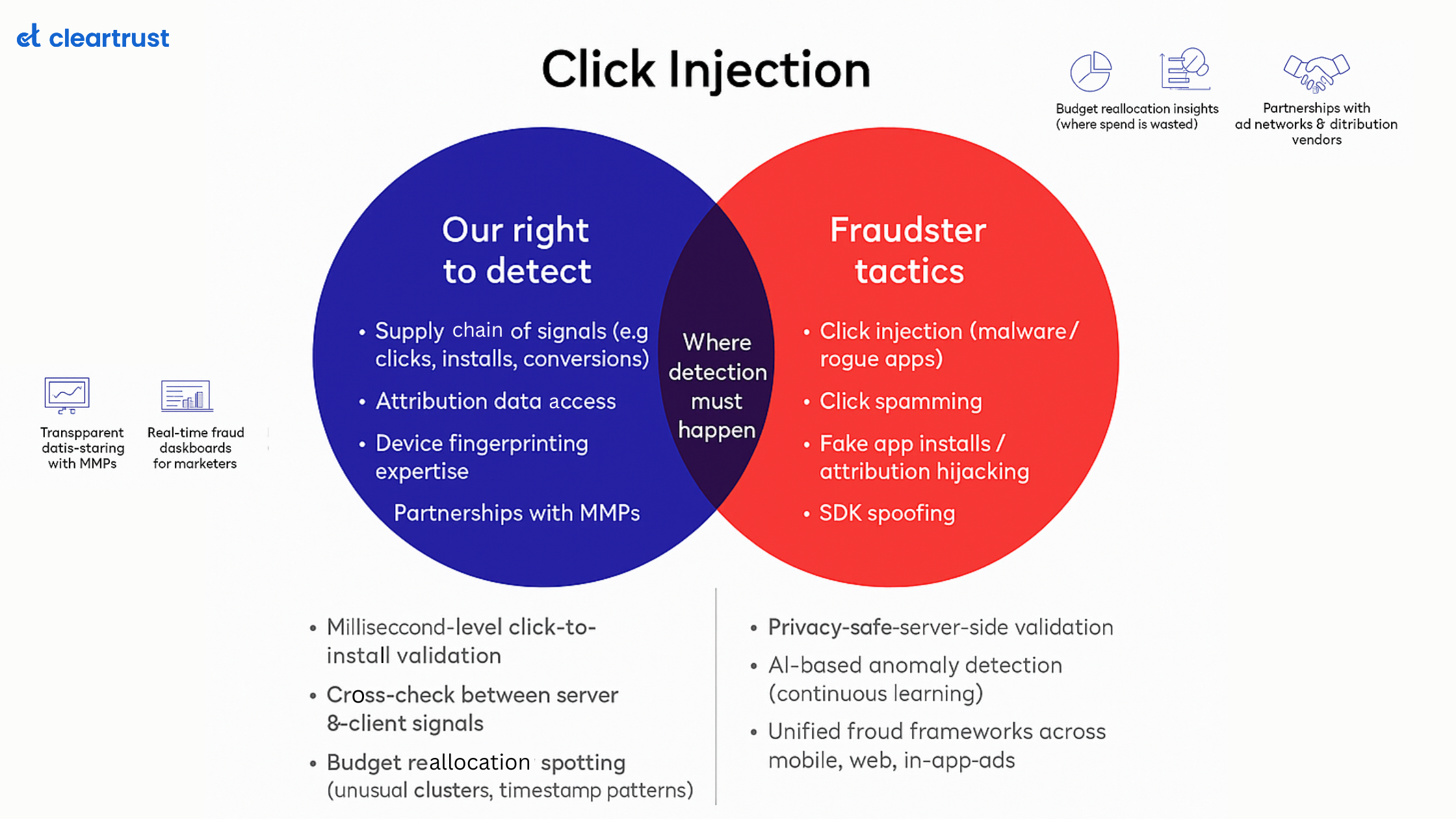In the dynamic realm of digital performance marketing, where every click, impression, and conversion counts, the battle against affiliate fraud has become a paramount concern for advertisers and publishers alike. As the digital landscape continues to expand, so do the cunning tactics of fraudsters looking to exploit the system for personal gain.
Affiliate marketing is a booming industry worth $17 billion as of 2023—and brands using this channel see an incredible return on investment (ROI). While this presents a huge opportunity for brands to rely on this technique for better results, 17% of affiliate traffic resulted from fraudulent clicks in 2022. This puts on the table a rather concerning situation of mindful investment surrounded by a looming threat
This blog aims to shed light on the ominous presence of affiliate fraud in digital performance marketing campaigns, offering insights into its process, the consequential aftermath, and strategies to confront this ever-looming challenge.
What is affiliate fraud?
Quite similar to attribution fraud but with a wider perspective, affiliate fraud occurs when fraudsters claim credit for a commission payout in an affiliate marketing campaign through fake attributions and generating fake leads. Since the only payout model in affiliate fraud is for affiliates, the bad actors disguise themselves as genuine affiliates escaping the strict vigilance of advertisers who are on the lookout for such partners to generate quick results.
Affiliates can deceive advertisers through either of the following ways-

Consequences of affiliate fraud
The ramifications of affiliate fraud extend far beyond the immediate financial loss. Its ripple effect can tarnish the reputation and potential of advertisers and publishers, highlighting the need for unyielding vigilance.
- Financial Drain: Advertisers bleed budgets on fraudulent interactions, hampering ROI and diluting the effectiveness of campaigns.
- Credibility Erosion: As ads appear on unscrupulous websites due to fraud, the reputation of both advertisers and publishers suffers. Moreover, publishers whose inventories are the most susceptible to attracting such fake affiliates are disregarded which affects future partnerships on premium digital marketing campaigns
- Resource Wastage: Valuable time and resources are squandered in analysing false data. This diverts the focus of the advertising team from genuine growth strategies which has a direct impact on the marketing calendar of the organization
- Loss of Trust: Users' trust erodes as they encounter irrelevant or misleading ads, adversely affecting engagement and conversions.
- Ad Network Relations: Affiliate fraud can strain relationships with ad networks, potentially leading to exclusion from premium opportunities. This is widely observed in the case of advertisers who are willing to pay premium prices to serve their ads to the most appropriate target audience which also increases their susceptibility to such affiliate attacks.
How to deal with the challenges arising out of affiliate fraud?
- Vigilant screening -The first step is to control the excitement and scrutinize potential affiliates thoroughly before onboarding, examining their history, methods, and online presence. It is also important to craft clear and comprehensive contracts that outline expectations, actions against fraud, and consequences for breach.
- Real-time monitoring- Investing in cutting-edge fraud detection tools can flag anomalies in real time, enabling swift intervention. Moreover, with brands like ClearTrust, you get the benefit of taking a 14-day free trial, seamless integration and real-time reporting that assists in faster decision-making.
- Validating Conversion- The best gift for a fraudster is a lack of validation process for the leads generated or attributions credited. To tackle the same, it is important to implement multi-step validation processes for conversions, ensuring each interaction meets predefined criteria. This helps in verifying the conversions as genuine and accordingly triggering a subsequent action
- Adopt Attribution Models- It is also advisable to employ advanced attribution models to allocate credit accurately, thwarting attempts at fraudulent attribution.
In conclusion, the realm of digital performance marketing is a competitive arena where success hinges on accurate data, authentic interactions, and user trust. Affiliate fraud presents a lurking threat that can undermine these vital pillars, making it crucial for advertisers and publishers to be informed, vigilant, and proactive







